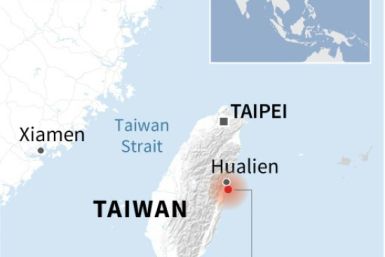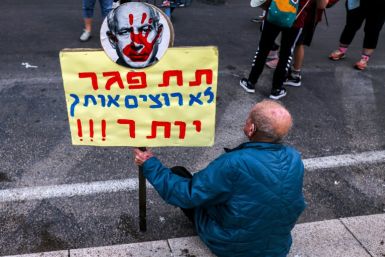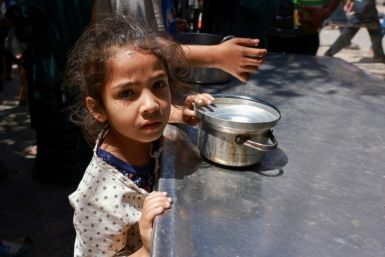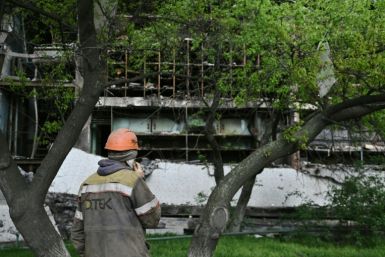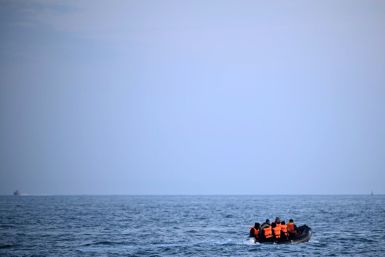UN pressure prompts South Sudan President Salva Kiir to sign peace deal with rebels
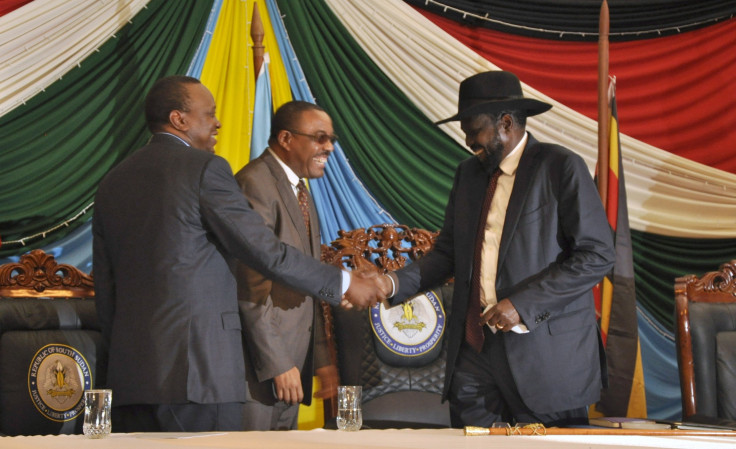
Under the pressure of the UN, President Salva Kiir signed the peace deal with rebels to end the 20-months old civil war that began in Dec 2013.
On Aug. 17, during the peace talks in Ethiopia, rebel leader Riek Machar signed the peace deal, while Kiir walked out of it. But on Wednesday afternoon, he ended signing the deal in Juba, capital of South Sudan. The warning of the UN Security Council of taking immediate action if the president failed to sign the deal this week compelled Kiir to agree to the deal, though he was not convinced.
Nigerian Ambassador Joy Ogwu, whose country chairs the council said on Tuesday that the council members “expressed their readiness to act immediately if President Kiir does not sign the agreement tomorrow as he has undertaken.”
From Juba, Al Jazeera’s reporter Anna Cavell said that the step was very important to safeguard the lives of thousands of people affected by the civil war. “However, some of the top commanders have split from [rebel leader] Machar, and they say the peace deal means nothing to them, so ... it does not mean that it would end the fighting,” she said.
The peace deal included a clause favouring demilitarising Juba and another clause of splitting the control over the oilfields to both sides. It was also expected that Machar will retain his earlier position of vice presidency soon after the deal.
On Tuesday, two South Sudanese were reported by the Doctors without Borders, or MSF, to be killed in Unity State. MSF emergency manager Tara Newell said that it was an indication of the level of violence currently sustaining in the country.
Former Conservative MP Stephen O’Brien, in a Security Council session, said , “The scope and level of cruelty that has characterised the attacks against civilians suggests a depth of antipathy that goes beyond political differences.”
Contact the writer at feedback@ibtimes.com.au, or let us know what you think below.


